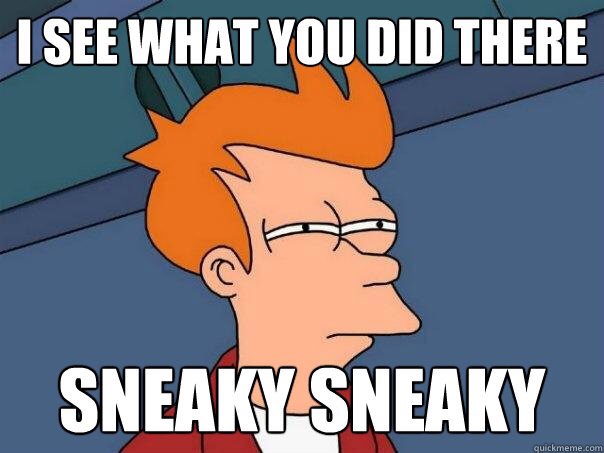Hi everyone, first post.
Starting my first EMT job with a local ambulance company. I am excited and a little nervous as well! I have seen some other threads asking this similar question but felt some more input would be great. What is expected of me? Other than what I have been trained to know and perform, how could I successfully transition from my current customer service job to fast-paced 911 calls? I will be trained for the first month on 24 hour shifts for 911 calls, and then spend a good portion of the year on an IFT. I know this is standard procedure for most companies.
To be honest, the thing that worries me most at the moment (albeit a small thing) is taking a blood pressure on the ambulance lol. I remember on my ride along's it just seemed impossible to get a good read if at all. Very nerve racking, I feel like it could cause a bad opinion to be formed on me.
Any tips for starting out as a successful EMT? What are some critical areas that are expected of a newbie? Especially one starting out on 911 calls?
Happy new year!
Starting my first EMT job with a local ambulance company. I am excited and a little nervous as well! I have seen some other threads asking this similar question but felt some more input would be great. What is expected of me? Other than what I have been trained to know and perform, how could I successfully transition from my current customer service job to fast-paced 911 calls? I will be trained for the first month on 24 hour shifts for 911 calls, and then spend a good portion of the year on an IFT. I know this is standard procedure for most companies.
To be honest, the thing that worries me most at the moment (albeit a small thing) is taking a blood pressure on the ambulance lol. I remember on my ride along's it just seemed impossible to get a good read if at all. Very nerve racking, I feel like it could cause a bad opinion to be formed on me.
Any tips for starting out as a successful EMT? What are some critical areas that are expected of a newbie? Especially one starting out on 911 calls?
Happy new year!

